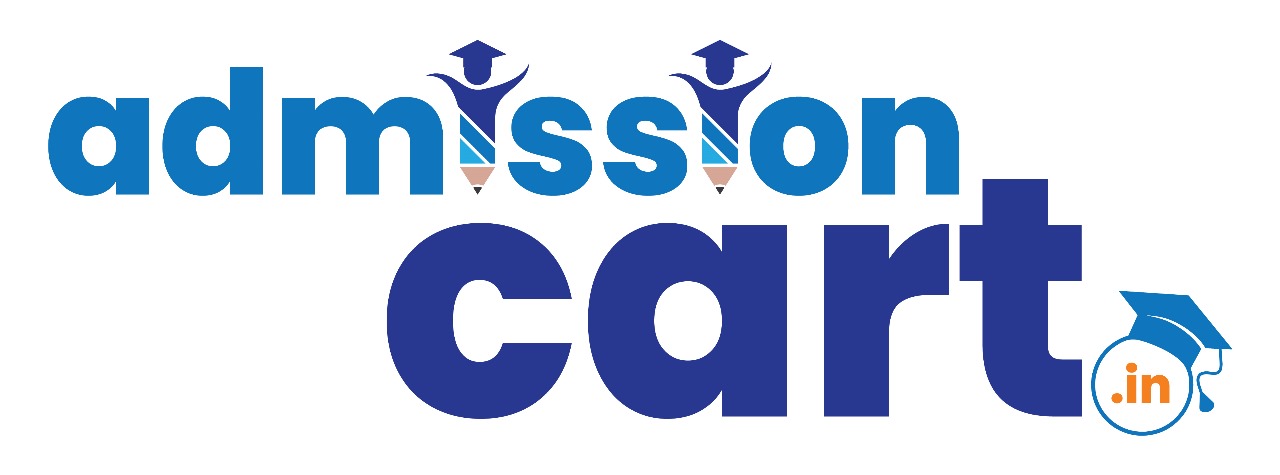Online BCA
Bachelor of Computer Applications (BCA) is a three-year undergraduate degree program that focuses on computer applications, software development, programming languages, and computer systems.
Average fee: 20000
Duration: 3 Years
Eligibilty: 10+2 or equivalent from a recognized institution.
Universities: 10

Overview of Online BCA
1. Overview of Online BCA Programs
-
Bachelor of Computer Applications (BCA) is a three-year undergraduate degree program that focuses on computer applications, software development, programming languages, and computer systems.
-
Online BCA programs in India are designed to offer the same curriculum and degree as traditional on-campus programs but provide the flexibility of remote learning through virtual classrooms, online lectures, and interactive learning platforms.
2. Advantages of Online BCA Programs
-
Flexibility: Study from anywhere and at your own pace, allowing you to balance your studies with work or other commitments.
-
Accessibility: Access to quality education from reputed Indian universities without geographical constraints.
-
Cost-effectiveness: Potential savings on commuting, accommodation, and other associated costs compared to full-time on-campus programs.
3. Top Universities Offering Online BCA Programs in India
Here are some prominent universities in India offering online BCA programs:
-
Indira Gandhi National Open University (IGNOU): Known for its extensive reach and flexible distance education programs, IGNOU offers an online BCA program.
-
Sikkim Manipal University (SMU): Provides an online BCA program focusing on software development, IT management, and emerging technologies.
-
Amity University Online: Offers an online BCA program with a curriculum covering programming languages, database management, networking, and project management.
-
University of Mumbai (IDOL): The Institute of Distance and Open Learning offers online BCA programs, providing flexibility and accessibility to students across India.
4. Admission Criteria and Process
-
Eligibility: Typically requires a higher secondary education certificate (10+2) from a recognized board with Mathematics as a core subject.
-
Entrance Exams: Some universities may require candidates to clear entrance exams specific to the BCA program or the university itself.
-
Application Process: Involves filling out an online application form, submitting academic transcripts, and possibly an entrance exam score.
5. Curriculum and Course Structure
-
Core Courses: Cover fundamental topics in computer science such as Programming Principles, Data Structures, Database Management Systems, Operating Systems, Software Engineering, and Web Technologies.
-
Elective Courses: Offered in areas like Mobile Application Development, Cyber Security, Artificial Intelligence, Cloud Computing, and more, depending on the program and university.
6. Learning Experience and Resources
-
Online Platforms: Utilize learning management systems (LMS) for virtual lectures, assignments, group projects, and discussions.
-
Interactive Tools: Access to virtual labs, simulation software, online libraries, and multimedia resources for research and study materials.
-
Support Services: Receive academic support, technical assistance, and career guidance services remotely. Many universities also offer networking opportunities with faculty and alumni.
7. Career Opportunities
-
Job Roles: Graduates of online BCA programs can pursue careers as Software Developers, Web Developers, System Analysts, Database Administrators, Network Administrators, and more.
-
Industry Demand: High demand in IT services, software development firms, e-commerce companies, banking, healthcare, and government sectors.
8. Accreditation and Quality Assurance
-
Accreditation: Ensure that the online BCA program is recognized and accredited by regulatory bodies like UGC, AICTE, or specific industry accreditation bodies to ensure the quality and recognition of the degree.
-
Program Reputation: Consider university rankings, alumni feedback, and industry partnerships to assess the program's credibility and relevance.
9. Costs and Financial Aid
-
Tuition Fees: Varies by university and program structure. Evaluate overall program costs including tuition fees, examination fees, study materials, and any residency or workshop requirements.
-
Financial Aid: Explore scholarships, grants, and installment payment options offered by universities to assist students in financing their education. Check eligibility criteria and application procedures for financial aid.
10. Tips for Success in Online Learning
-
Time Management: Create a study schedule, set goals, and adhere to deadlines for assignments, exams, and projects.
-
Engagement: Actively participate in online discussions, collaborate with peers, and seek help from faculty and classmates to enhance learning outcomes.
-
Self-discipline: Stay motivated, maintain focus, and utilize available resources effectively to maximize your academic and professional growth.
